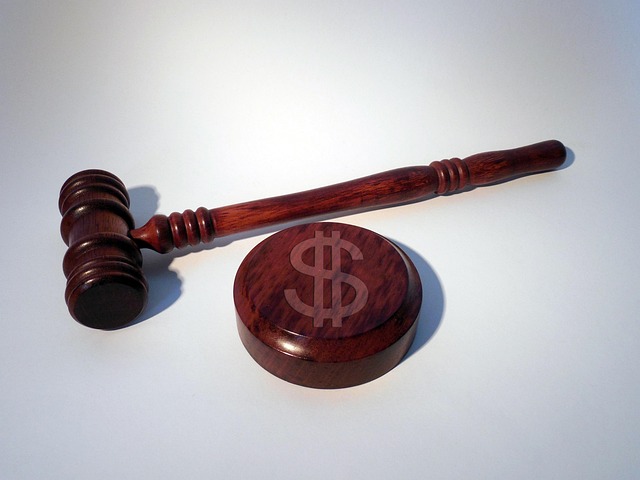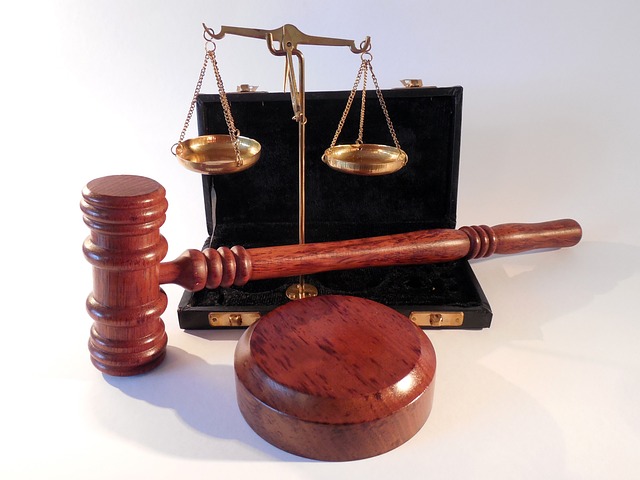Personal injury claims demand robust evidence like medical records, witness statements, and expert opinions to succeed. The strength of a claim varies by scenario, with healthcare law firms' expertise crucial for favorable outcomes. These firms navigate complex procedures, ensuring thorough documentation and specialized knowledge for protection in medical malpractice cases.
In today’s complex healthcare landscape, navigating legal disputes effectively is paramount. This article delves into the intricacies of healthcare law firms and their pivotal role in personal injury lawsuits. We explore key components required to gather robust evidence needed for a claim, focusing on medical records, witness testimonies, and expert opinions. Understanding legal requirements for compensation and the specific navigation of healthcare law firms ensures victims receive fair redress.
- Understanding Personal Injury Lawsuits
- Gathering Evidence: Key Components
- Legal Requirements for Compensation
- Navigating Healthcare Law Firms' Role
Understanding Personal Injury Lawsuits

Personal Injury Lawsuits demand a deep understanding of legal principles and the ability to navigate complex procedures. When an individual suffers harm due to another party’s negligence or intentional actions, they may seek compensation through legal action. These cases centre around proving liability and quantifying damages. To succeed in a Personal Injury Claim, robust evidence is pivotal for his clients. This includes medical records detailing the extent of injuries, witness statements corroborating the incident, and expert opinions on causation and future care needs.
The intricacies involved in these lawsuits span various scenarios, from motor vehicle accidents to medical malpractice and white collar and economic crimes. The strength of a claim often lies in the quality and quantity of evidence presented. An unprecedented track record of successful outcomes underscores the competency of leading healthcare law firms in managing such cases, ensuring their clients receive fair and just compensation for their injuries.
Gathering Evidence: Key Components

When building a case for a personal injury claim, gathering robust evidence is paramount. The evidence needed for a personal injury claim encompasses a comprehensive range of components that can make or break a case. Key among these are medical records detailing the extent and duration of injuries, eyewitness accounts providing an unbiased perspective on the incident, and photographs capturing the scene and resulting damage.
In addition to these foundational elements, financial documentation showcasing medical bills, lost wages, and other associated expenses is crucial for quantifying damages. Across the country, both corporate and individual clients rely on skilled healthcare law firms to navigate these complex legal landscapes. An unprecedented track record of successful cases underscores the importance of thorough evidence collection in achieving favorable outcomes for clients.
Legal Requirements for Compensation

In healthcare law firms, navigating the legal requirements for compensation in personal injury claims is a complex process. When a patient experiences harm due to medical negligence, they must provide substantial evidence to support their claim. This typically includes medical records detailing the treatment and its outcomes, as well as expert opinions from qualified healthcare professionals who can attest to the standard of care expected and any deviations from it. The burden of proof lies heavily on the claimant, requiring a thorough documentation of events leading up to and surrounding the injury.
The evidence needed for a personal injury claim in healthcare law often differs from other legal domains, especially high-stakes cases where substantial damages are sought. Unlike civil lawsuits focused on tort claims, medical malpractice cases demand meticulous record-keeping and expert analysis. In instances involving white collar defense, where complex financial transactions or regulatory issues are at play, the legal requirements can become even more intricate. The goal is always to achieve a complete dismissal of all charges when the evidence presented fails to establish medical negligence beyond a reasonable doubt.
Navigating Healthcare Law Firms' Role

Navigating Healthcare Law Firms’ Role involves understanding their multifaceted responsibilities beyond traditional legal representation. These firms play a crucial role in ensuring patient rights are protected, especially when it comes to complex issues like personal injury claims. In such cases, evidence is paramount, and healthcare law experts help gather and interpret medical records, test results, and expert opinions, which are essential for building a compelling case.
By leveraging their deep understanding of medical practices and regulations, these specialized lawyers can navigate the intricate legal landscape surrounding healthcare. This expertise often translates to achieving extraordinary results in jury trials or negotiations, focusing not just on general criminal defense but on the specific needs of clients involved in medical malpractice disputes.
In navigating personal injury lawsuits, understanding the crucial role of healthcare law firms is essential. From gathering the evidence needed for a personal injury claim, including medical records and expert opinions, to ensuring adherence to legal requirements for compensation, these firms provide invaluable expertise. By leveraging their knowledge and resources, individuals can effectively pursue justice and secure the compensation they deserve. Remember that when pursuing a personal injury claim, the right legal representation can make all the difference.






